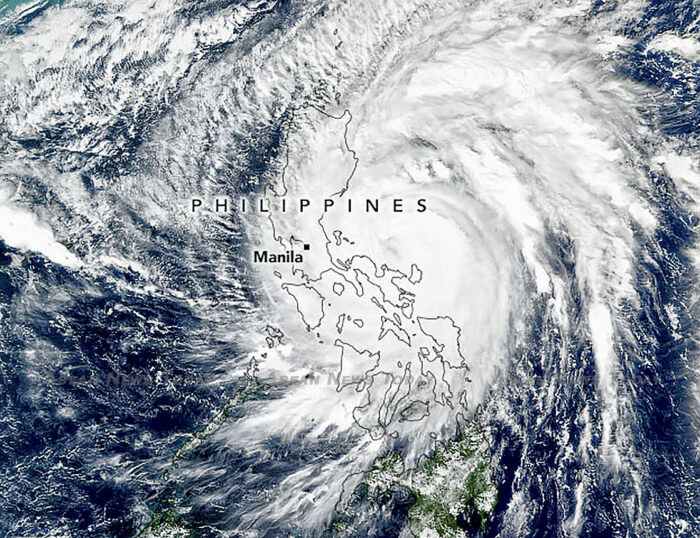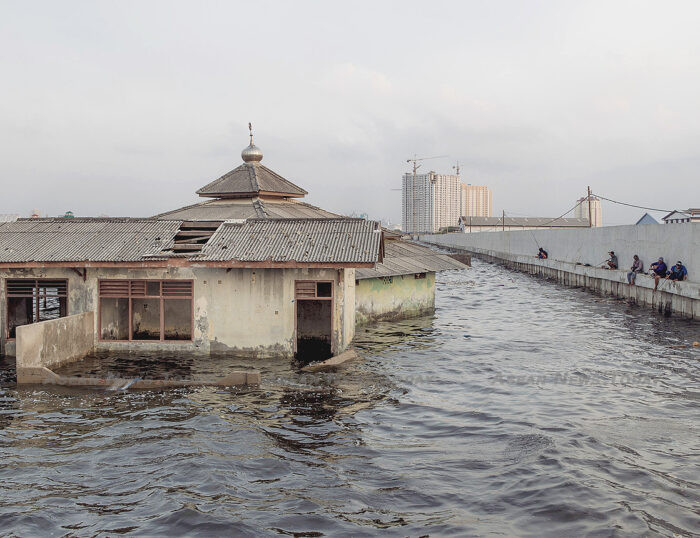Senior government officials, top experts, and key stakeholders will gather in Bangkok next week for the fourth United Nations Economic and Social Commission for Asia and the Pacific (ESCAP) Disaster Resilience Week.
To be held at the the UN Conference Centre from July 24 to 27, the four-day long event will explore transformative adaptation policies and actions needed to address the escalating threat of climate change-induced disasters in Asia and the Pacific, and develop a regional strategy on Early Warnings for All.
Disaster Resilience Week attendees will participate in a series of workshops, expert meetings and events that will enrich the deliberations of the Eighth Session of the ESCAP Committee on Disaster Risk Reduction (CDRR), which will convene from July 25 to 27 (watch online live here: Eighth Session of the Committee on Disaster Risk Reduction.

Key speakers scheduled to address Disaster Resilience Week attendees include:
- Police Lieutenant General Nadhapit Snidvongs, vice minister of interior, Royal Thai Government
- Marilou G. Erni, Chief of Staff and supervising undersecretary for strategic communications, Department of Environment and Natural Resources, Philippines
- Dr Ali Javidaneh, head of the national cartographic centre / vice minister of the Planning and Budget Organization, Islamic Republic of Iran
- Lieutenant General Inam Haider Malik, chairman, National Disaster Management Authority, Pakistan
- Armida Salsiah Alisjahbana, United Nations under-secretary-general and executive secretary of ESCAP
The Disaster Resilience Week will also feature the launch of the Asia-Pacific Disaster Report 2023, which will provide an overview of the latest trends and challenges in disaster risk reduction in the region.
The second generation of the ESCAP Risk and Resilience Portal, an online interactive knowledge portal to support disaster and climate risk-informed policymaking, will also be unveiled during Disaster Resilience Week.
Urgent disaster resilience action needed
The impact and magnitude of disasters in Asia and the Pacific over the past decade have been devastating. Floods, tropical cyclones, heatwaves, droughts, and earthquakes have resulted in tragic losses of life, displaced communities, damaged people’s health, and millions pushed into poverty.
Climate change is making these natural hazards even more frequent and intense. The region is already experiencing the effects of climate change, and these effects are only going to get worse.

“The impact and magnitude of disasters in Asia and the Pacific over the past decade indicate that climate change is making natural hazards even more frequent and intense”, said Armida Salsiah Alisjahbana, ESCAP Executive Secretary.
“This week-long event will provide a critical opportunity for governments, experts and stakeholders to come together to discuss how we can build a more resilient future for the region”, she added.
The ESCAP Disaster Resilience Week is part of ESCAP’s ongoing efforts to support countries in the region to reduce disaster risk and build resilience to climate change. ESCAP has been working with countries to develop and implement national disaster risk reduction strategies, to improve early warning systems, and to build the capacity of communities to cope with disasters.
“We need to take urgent action to reduce disaster risk in Asia and the Pacific”, said Alisjahbana. “This week-long event will provide a platform for us to share experiences, learn from each other, and identify new ways to build a more resilient future for the region.”
For more information see ESCAP Disaster Resilience Week
See here to download the: Asia-Pacific Disaster Report 2023
Feature video World Meteorological Organization (WMO)
Related:
- Seizing the moment for a more resilient Asia and the Pacific (moderndiplomacy)
- Building disaster resilience: A study of disaster events and financial lending streams (relifeweb)
- Is Asia and the Pacific ready for the global climate stage? (video) (Asean News Today)
- Central Java: This is climate change (video) (Asean News Today)

